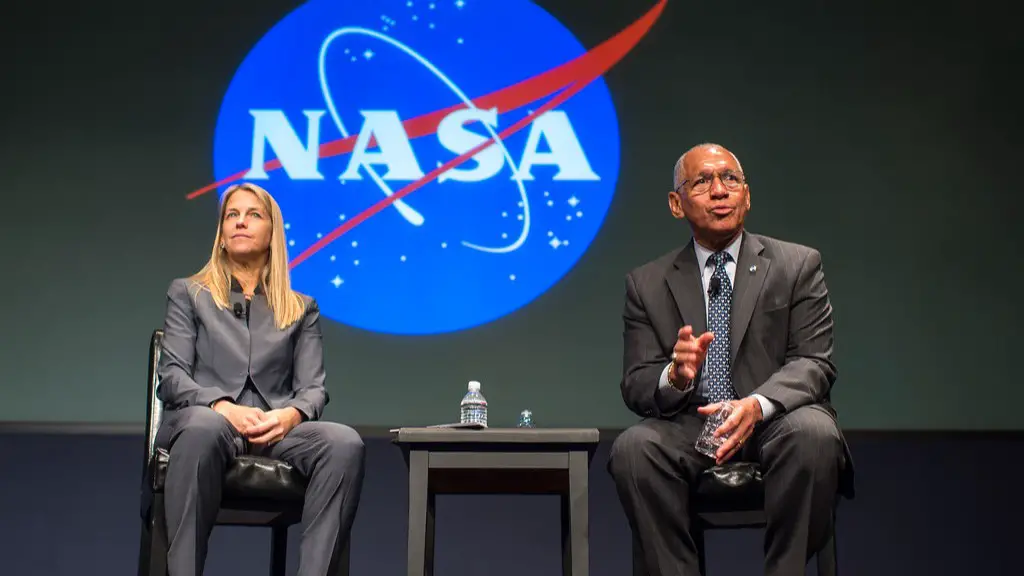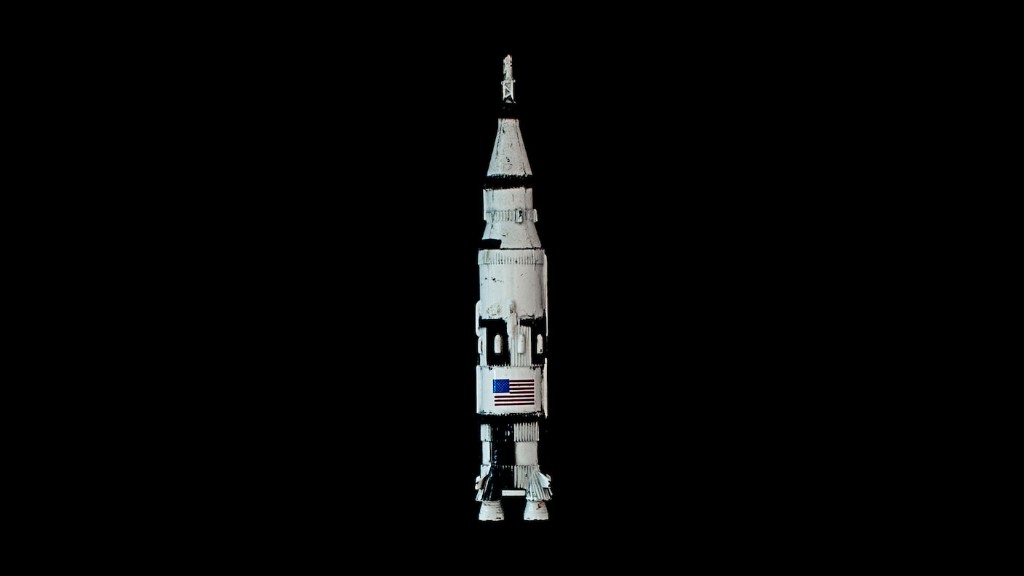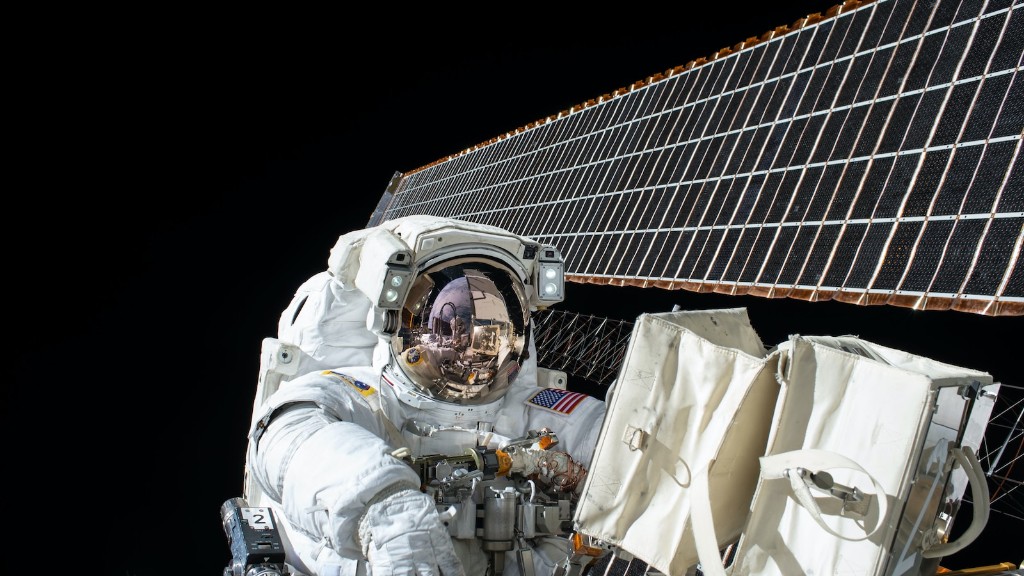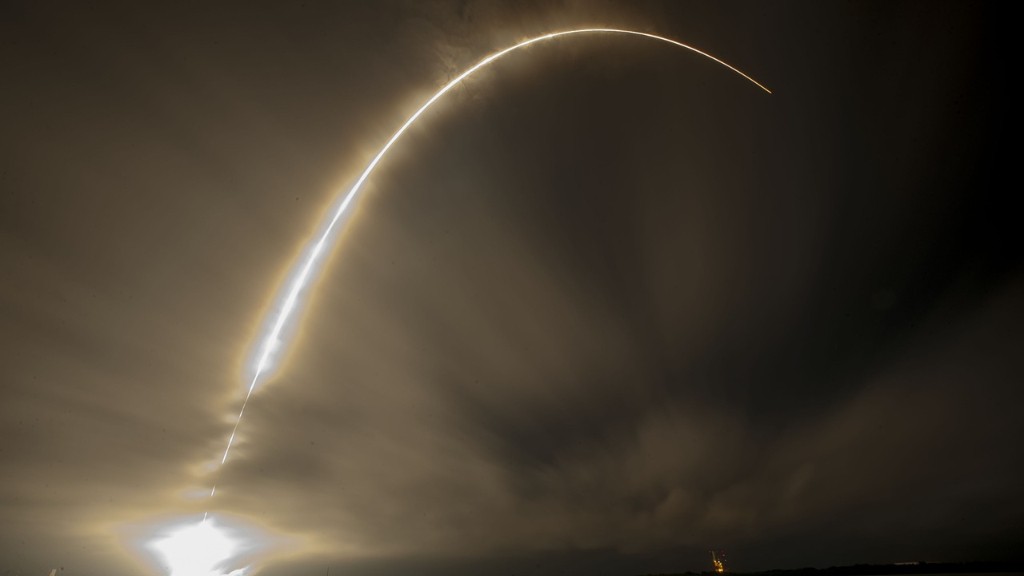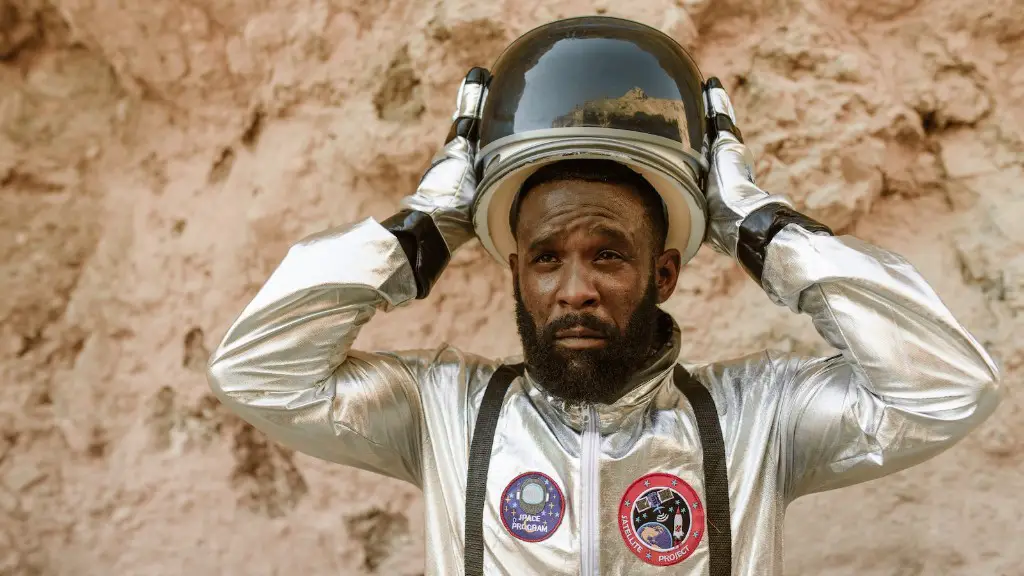Anyone who’s ever dreamed of being an astronaut or working in the space industry has probably thought about becoming a NASA flight controller. Flight controllers are the people who work in Mission Control at NASA’s various space centers, and they’re responsible for monitoring and operating spacecraft. If you’re interested in becoming a flight controller, there are a few things you should know.
First and foremost, you need to have a college degree in a STEM field. That stands for science, technology, engineering, or mathematics. A degree in aerospace engineering would be ideal, but degrees in other engineering disciplines, physics, or mathematics will also be accepted.
You also need to have excellent communication skills, both written and verbal. Flight controllers have to be able to communicate clearly and concisely with the astronauts and engineers they’re working with.
Lastly, you need to be able to work well under pressure. Flight controllers have to be able to think quickly and make decisions in high-pressure situations.
If you think you have what it takes to become a NASA flight controller, the first step is to apply to the NASA Space Flight Operations Officer Training Program. Once you’ve completed the program, you’ll be
The first step to becoming a flight controller is to have a relevant four-year college degree. The second step is to pass NASA’s stringent medical examination. The third step is to complete a flight controller training program.
How much does a NASA mission controller make?
The average annual pay for a NASA Mission Control in the United States as of Feb 18, 2023 is $61,270 a year. This is the equivalent of $1,178/week or $5,105/month.
Flight controllers are personnel who aid space flight by working in such Mission Control Centers as NASA’s Mission Control Center or ESA’s European Space Operations Centre. Flight controllers work at computer consoles and use telemetry to monitor various technical aspects of a space mission in real time.
Do flight controllers become astronauts
This is a myth that is perpetuated by movies and TV shows. The reality is that very few astronauts become flight directors and even fewer flight directors become astronauts. The reason for this is that the skillsets required for each job are very different. Astronauts need to be physically fit and have the ability to fly a spacecraft, while flight directors need to have excellent leadership and organizational skills.
NASA flight directors are responsible for leading missions to the space station and preparing for lunar missions as part of the Artemis program. With over 100 flight directors, they are an experienced and essential team at NASA.
What is the highest paying job at NASA?
There are a variety of high-paying jobs available at NASA – National Aeronautics and Space Administration, ranging from team leader to contracting officer to mentor. Program manager is also a high-paying position at NASA. Salaries for these positions are very competitive, and employees at NASA are highly sought-after.
There are a number of highest-paying careers that you can pursue. If you are looking to make a lot of money, you may want to consider becoming an obstetrician or gynecologist. These medical professionals earn a median wage of $208,000 per year. Other high-paying careers include ophthalmologists and oral and maxillofacial surgeons. These occupations typically require a lot of training and experience, but they can be very rewarding financially.
How hard is it to be a flight controller?
You will have to go through a lot of testing and training in order to become a controller. This includes aptitude, physical, physiological, and skill tests. These exams assess applicants’ health, and their ability to train for and perform the job.
Air traffic controllers typically need an associate’s or a bachelor’s degree from an accredited institution. To qualify with an associate’s degree, candidates must complete their studies in an AT-CTI program. A bachelor’s degree may be in any field, including transportation, business, or engineering.
Do you need a PhD to work for NASA
If you want to be hired as a NASA scientist, you will need to have at least a bachelor’s degree in physics, astrophysics, astronomy, geology, space science, or a related field. Those with a master’s degree or a Ph.D. will start at a higher salary.
Shannon was selected as flight director for the Space Shuttle Program in 1993. At that time, she was the youngest person ever to hold that position. Shannon has been a key figure in the Space Shuttle Program, and her work has helped to make it a success.
Do air traffic controllers make more than pilots?
Most pilots do in fact have higher salaries than air traffic controllers. This is due in part to the more demanding nature of the pilot profession, as well as the fact that pilots typically have more experience and/or education than ATCs. However, there are exceptions to this general rule, and some ATCs do make more money than some pilots.
A flight controller make an average of $94,364 per year as of January 26, 2023. However, the salary range for a flight controller typically falls between $86,935 and $103,432.
Does the FAA control NASA
NASA is a civil research and development agency of the federal government and as such, it neither operates nor regulates the commercial space transportation industry. The regulatory responsibility for the industry falls to the FAA, which is a regulatory agency.
A Director at NASA can expect to earn a median annual salary of $200,811. This number is the midpoint of the ranges from our proprietary Total Pay Estimate model and based on salaries collected from our users. The estimated base pay is $145,324 per year.
What are flight controllers called?
Air traffic controllers are the people responsible for the safe, orderly, and expeditious movement of air traffic. They work in air traffic control towers, approach control facilities, or route centers. Most air traffic controllers are certified by the Federal Aviation Administration.
Planetary Protection Officer:
The Planetary Protection Officer is responsible for protecting our planet from harmful extraterrestrial contaminants. They work with NASA’s astrobiology and planetary science teams to make sure that we don’t contaminate other worlds when we explore them, and that we don’t bring any harmful extraterrestrial life back to Earth.
Mars Parachutist:
The Mars Parachutist is responsible for delivering scientific payloads to the surface of Mars. They are expert skydivers and parachuters, and use their skills to make sure that the payloads they are carrying land safely on the Martian surface.
Alien Hunter:
Alien Hunters are responsible for searching for signs of life on other worlds. They use a variety of techniques, including studying the atmospheres of other planets for signs of life, looking for signs of past life in the geological record, and searching for signs of intelligent life through SETI.
Rover Driver:
Rover Drivers are responsible for driving the rovers that explore the surface of Mars. They operate the rovers from mission control, and use their skills to navigate the rovers through the Martian terrain.
Spacesuit Designer:
Spaces
Final Words
There are a few requirements that must be met in order to become a flight controller at NASA. A bachelor’s degree in engineering, science, mathematics, or related field is required, as well as three years of professional experience or one year of post-graduate experience. Applicants must also pass a series of written and psychological exams, as well as an interview process.
The best way to become a NASA flight controller is to have a degree in science or engineering, and to have experience working in the aerospace industry. There are many flight controllers who started their careers as engineers or scientists working on aircraft or spacecraft.

